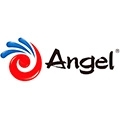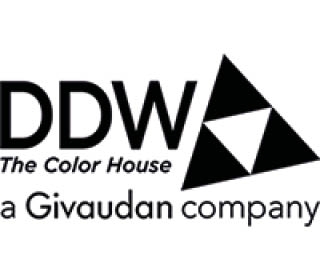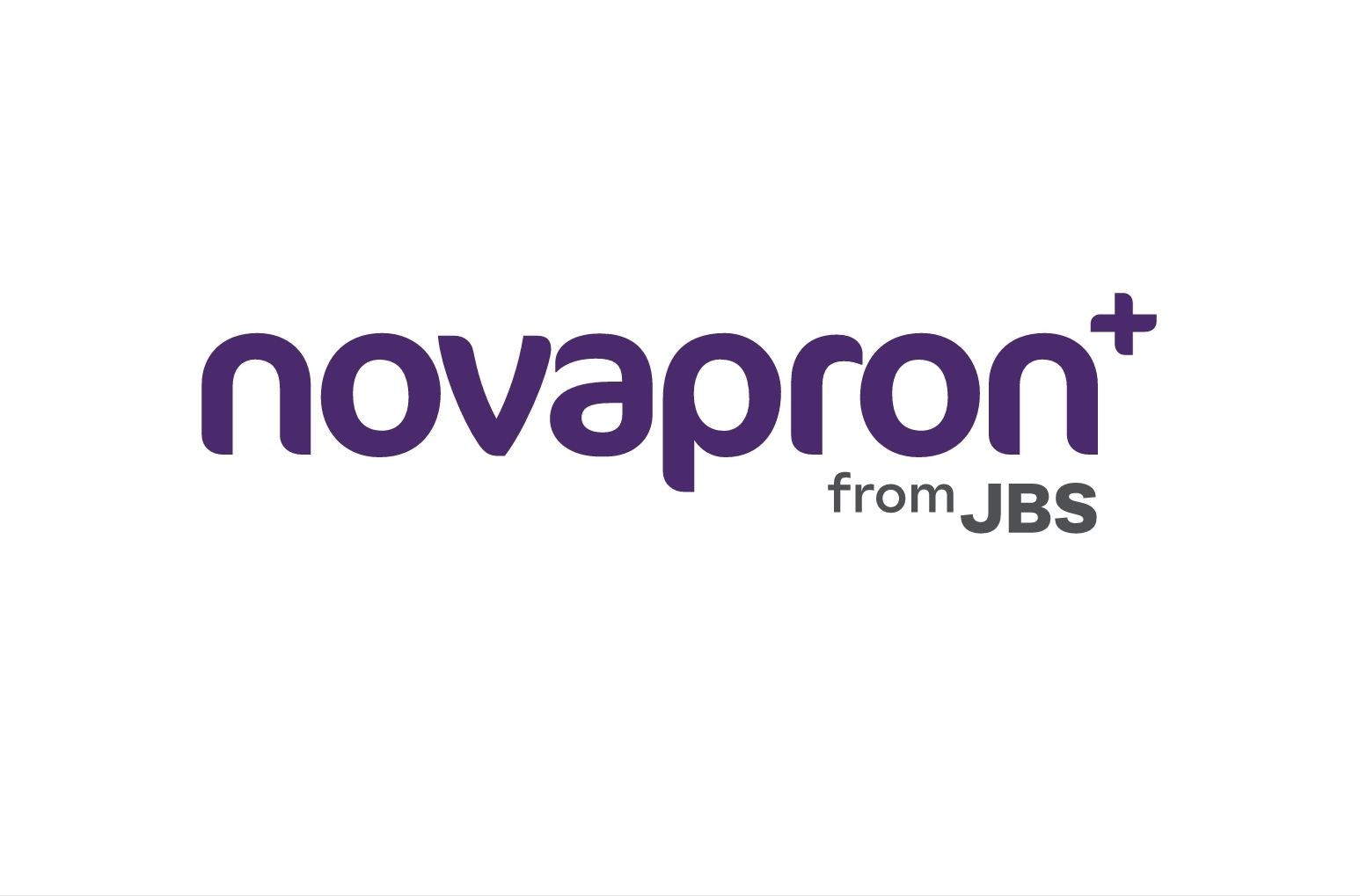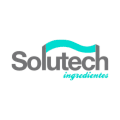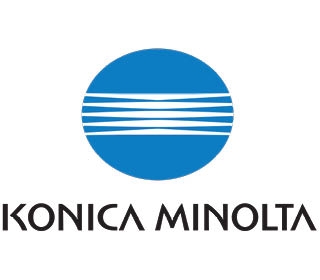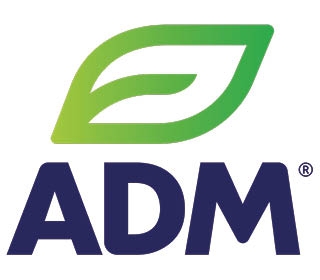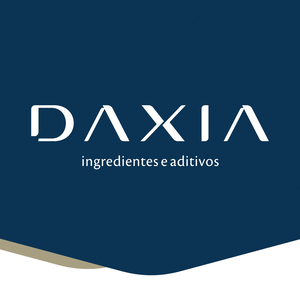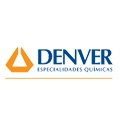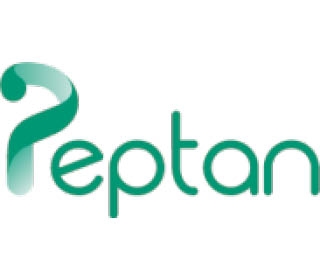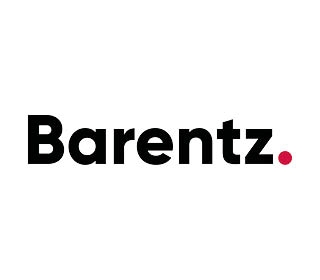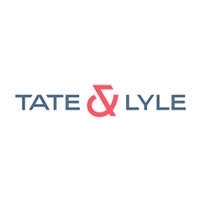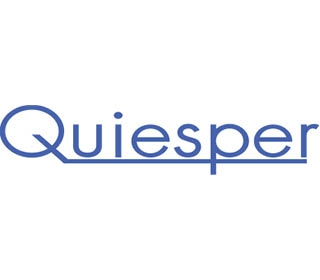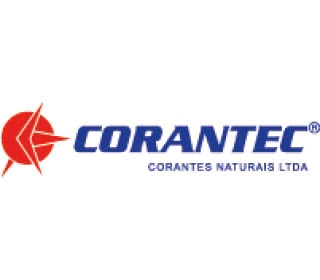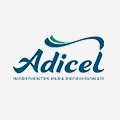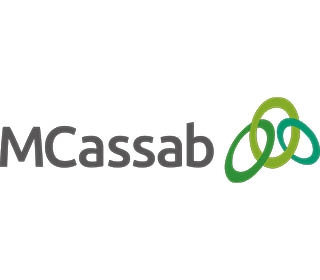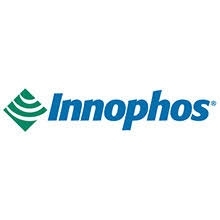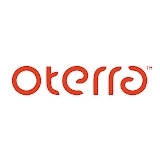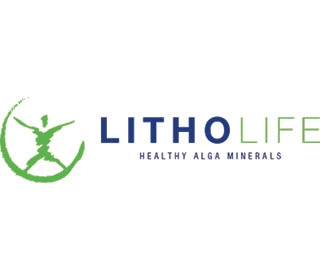Arla ramps up sustainable dairy commitment with new Nigerian partnership
Arla Foods has begun a public-private partnership in Nigeria with the local dairy sector to invest in small-scale farmers and strengthen its business position in the country. Kaduna State in northwestern Nigeria and the Nigerian government will offer 1,000 nomadic dairy farmers permanent farmlands with direct water access. Meanwhile, Arla will purchase, collect, process and bring the local milk to market. This partnership is the first of its size in Nigeria and foresees a balance between the development of the local dairy sector and imported milk and dairy products.
“We contribute with our knowledge and competencies as a commercial business, but we also have knowledge about dairy farming within our farmer-owned cooperative that we can put into play to further strengthen the Nigerian dairy farmers’ opportunities for a sustainable future,” Irene Quist Mortensen, Senior Corporate Social Responsibility business partner for Arla International tells.
As Nigeria’s population is set to reach nearly 400 million by 2050, there is a growing consumer demand for affordable nutrition in the country. The Nigerian dairy industry is currently only able to supply less than 10 percent of the country’s demand for dairy products. Arla’s partnership through the commercial sector aims to help farmers prevent milk spoilage and expand their markets.
The permanent lands with water-access supplied by the government means that cattle will no longer be forced to search for new grazing lands and water. Securing infrastructure such as roads, power and water, which are necessary to process and bring the milk to market, is also part of the public commitment. From that stage, Arla will act as the commercial partner, investing in establishing milk collection centers and processing farm-produced milk.
This project will be primarily funded by loans provided by the Central Bank of Nigeria and guaranteed by the Kaduna State. Arla will provide investment in the milk collection centers.
Building on previous success
Previously in 2016, Arla collaborated with Kaduna State and the Nigerian government to establish a five-year project. The Milky Way Partnership Nigeria aims to develop a socially, environmentally and economically sustainable dairy value chain. This project also secured the support of various different organizations: Danida, Denmark’s development cooperation; the NGO Care; the Danish Agricultural and Food Council; the local cooperative MILCOPAL; and the Nigerian pastoralist organisation Coret. The Milky Way Partnership Nigeria has visibly demonstrated a viable business model that has created an increase in income and job opportunities for local farmers and employees in the dairy sector.
"We know that to create a long-term successful business in Nigeria, we need to take part in developing the local Nigerian dairy sector and at the same time make sure that our business in Nigeria is commercially viable. It is always our aim to create a financially sustainable business to the benefit of our farmer owners, but also for the partners involved and at the same time acting responsibly in the countries in which we operate," Mortensen adds.
Arla has been highly active in innovations across different spaces in the dairy industry. This month, the company has come up with a new way to transport fresh dairy that is also natural and preservative-free. Arla’s supercooling technology allows it to transport its products internationally and create global growth and export opportunities.
This summer, Arla also developed a new artificial intelligence tool to better predict its milk intake from farms as well as trialed a 3D imagery system to monitor cow movement.
As an overarching long-term goal, Arla has pledged to operate globally from a carbon net zero standpoint by 2050. These goals will be “entirely offset by improvements elsewhere in the supply chain and be even more closely aligned with nature to increase biodiversity further,” the company notes.






